 “… searching for a mentor has become the professional equivalent of waiting for Prince Charming. … young women are told that if they can just find the right mentor, they will be pushed up the ladder and whisked away to the corner office to live happily ever after.”
“… searching for a mentor has become the professional equivalent of waiting for Prince Charming. … young women are told that if they can just find the right mentor, they will be pushed up the ladder and whisked away to the corner office to live happily ever after.”
Phyllis Thompson’s comment on last week’s Jungle Gym chapter from Lean In is priceless and a great bridge to this week’s discussion on mentors since she’s on my shortlist of wise people I turn to for advice. (If you’ve missed previous chapters, the links are below.)
“Are You My Mentor” focuses on the indispensable help others provide as we move forward in our careers and also how we pay it forward by coming alongside others.
Sandberg’s Take
Sandberg begins by puncturing false (and forced) ideas of what mentoring is all about. As someone highly qualified to mentor women in the corporate world, she finds it awkward and off-putting when a woman approaches her out of the blue and asks her to be her mentor—hence the chapter title, “Are you my mentor?”
“If someone has to ask the question, the answer is probably no. When someone finds the right mentor, it is obvious … Chasing or forcing that connection rarely works. … The strongest relationships spring out of a real and often earned connection felt by both sides.” (pp.64, 67)
She makes the interesting observation that women often fail to recognize when they’re being mentored because the relationship doesn’t come with the official “mentor” label. A woman she personally mentored and advised on major decisions for years illustrates the point and serves to challenge us to think more organically and less in terms of a formula.
“I never used the word “mentor,” but I invested a lot of time in her development. So I was surprised one day when she stated flatly that she had ‘never had a mentor or anyone really looking out’ for her. I asked what a mentor meant to her. She explained that it would be someone she spoke to for at least an hour every week. I smiled, thinking, That’s not a mentor—that’s a therapist.” (pp.70-71)
Since there are fewer potential women mentors at the top, she doesn’t limit mentors to other women but also includes men. Sandberg herself acknowledges benefiting from more male mentors than female.
Having said that, she raises the “tricky issues” that include “the perceived sexual context of male-female relationships.” She cites a Harvard Business Review report indicating “64 percent of men at the level of vice president and above are hesitant to have a one-on-one meeting with a more junior woman” with a corresponding avoidance of senior men among junior women (p.72)—a problem Sandberg insists must be overcome, as it holds women back and impedes progress for the organization.
She also encourages readers to think in wider circles for mentoring—not just formal mentoring programs, but opportunities to learn from peers, as well as from those who are junior to you—and admits to being surprised at how and when a mentoring relationship may show up.
My Take
I loved Sandberg’s open/organic approach to mentoring. Programmed, formulaic approaches limit our options. Mentoring I’ve received and given has most often been serendipitous and spontaneous. It can be a single encounter or morph over time into a significant friendship.
When I’ve been in situations where I didn’t know a soul who understood the work I was doing (as when I moved into the world of computers and software development), I’ve found “mentors” in professional organizations and conferences where the “experts” introduced me to new ideas, taught me the skills I needed, and provided resources where I could go if I got stuck. Most if not all of my professional mentors in the world of technology were men who gave no indication of being Christians. They were just great friends who knew the business and cared about me and my work. The Internet expands these possibilities.
I’ve also been blessed with a line-up of Christian mentors who have taken turns to coach, encourage, and challenge me. Similar to Sandberg’s experience, most of my mentors have been men—the kind of men who genuinely live out the gospel and are not threatened by “girl” friends. Some of them are even complementarians (although very soft complementarians to be sure).
Frank was my first “mentor,” although to be honest, I think he owed me that much since he was the one who pushed me through whatever door of opportunity opened and even some doors that didn’t open without some effort. He has always been the first to tell me “You can do it!” and backed his words by being a sounding board for me.
I have to acknowledge Stan Gundry, Zondervan Editor-in-Chief, as a mentor who coached me into my first publishing opportunity and over a number of hurdles that were new to me, but familiar to him. Then there was George Bingham, COO at KeyLife (Steve Brown’s radio ministry), who was interested in what I was doing with WhitbyForum and Synergy and, when he couldn’t meet me in person, was only a phone call away with wise business advice I couldn’t have done without. Bobb Biehl gave me important strategies for my ministry and writing. Dr. Pamela Reeve (now in her mid-nineties) blazed the trail I’m on and is always ready with advice and encouragement for a path that isn’t always easy. And of course I love brainstorming with Phyllis Thompson, a savvy business consultant and smart thinker.
Some of these “mentors” would be surprised to learn that I considered them mentors, but like any good mentor, they were friends first. The word “mentor” never came up. None of those relationships have been programmed or regularly scheduled, but more impromptu and on an as-needed basis.
For Christian women (and men) in the workplace, the church community is an often overlooked gold mine of professional mentors. Sitting next to us in church pews Sunday after Sunday are scores of incredible experienced senior business people whose expertise goes untapped because they don’t happen to have ministry careers and who, I guarantee, would be both interested and willing to engage a conversation about work. Many would find such a conversation refreshing. Better still, they can talk about the issues from a Christian perspective.
It seems to me that part of what it means to be an ezer-warrior is a willingness to engage wise mentors—not in a pathetic “please-help-me-I’m-drowning” way, but in a self confident “I’d-like-to-pick-your-brain” sort of way.
Sometimes I wonder if the so-called “lack of mentors” may merely reflect boxed-in thinking and the need for greater creativity. This chapter of Lean In expands the possibilities.
On the flip side, I share Sandberg’s unease with open-ended “mentor me” requests, as they imply more commitment in time than I’m able to give (like her young friend’s hour-a-week mentoring expectation). At the same time, nearly every week, I’m engaged in some form of mentoring through emails, phone calls, and meetings face-to-face and online. Almost always I learn something new myself from those encounters.
This chapter underscores the reality that no matter where we are on that jungle gym, we need interaction with others who can give us good advice, help us see things from a different angle, or simply stimulate our thinking. The challenge that remains is how we can access the resources before us to connect and learn from one another.
So What’s Your Take?
Who are your mentors? Are you willing to engage a male mentor or to seek out a non-Christian mentor? Why or why not? What challenges have you faced in finding mentoring resources to help you grow? How can we in Christian circles do a better job of opening this kind of interaction in the church? How are you paying it forward by helping others?
Lean in with your comments!
Previous Lean In Posts …
- Introduction: Women, Work and the Church
- Chapter 1: The Leadership Ambition Gap
- Chapter 2: Sit at the Table
- Chapter 3: Success and Likeability
- Chapter 4: It’s a Jungle Gym, Not a Ladder
Other related posts …




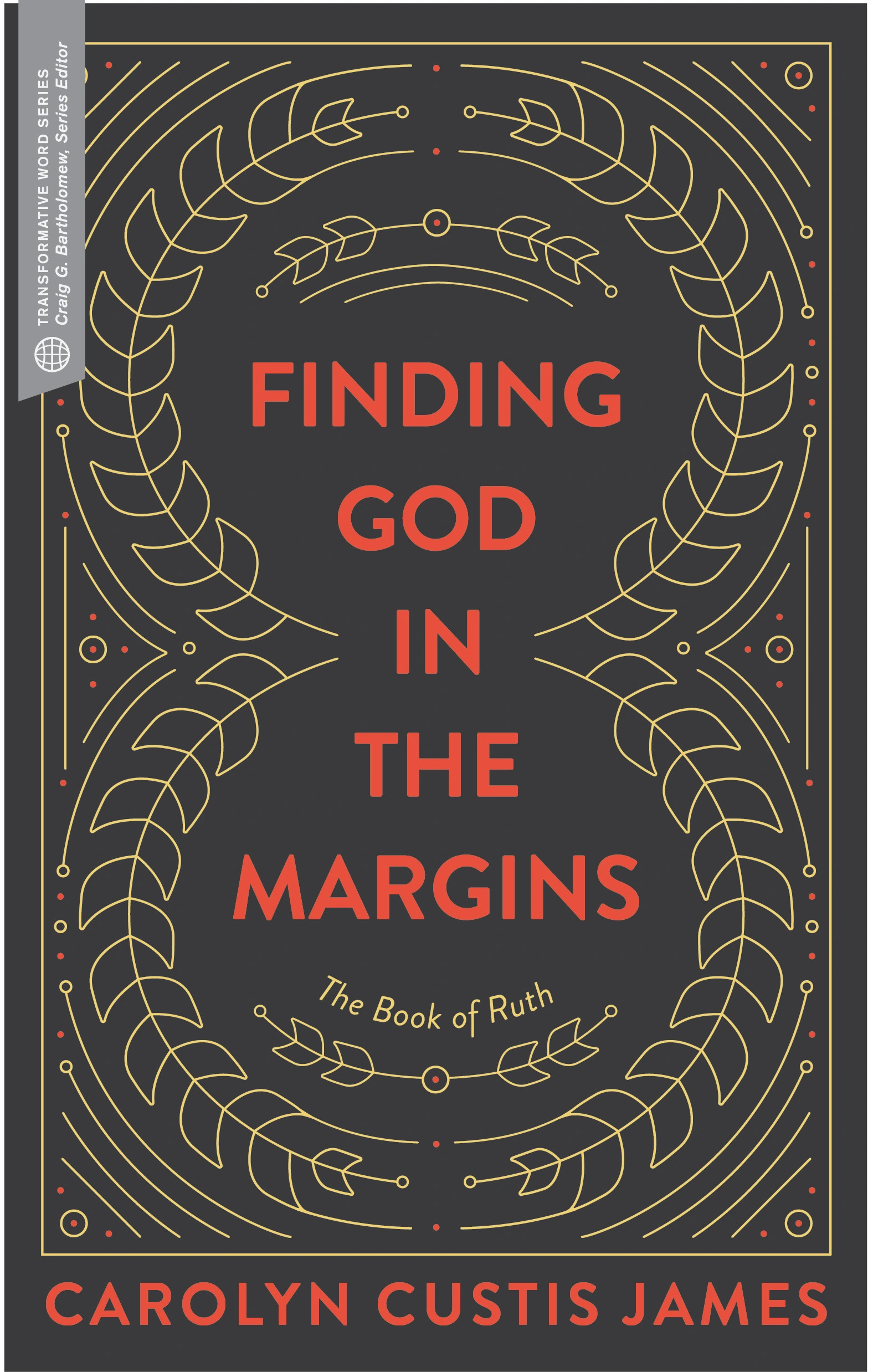
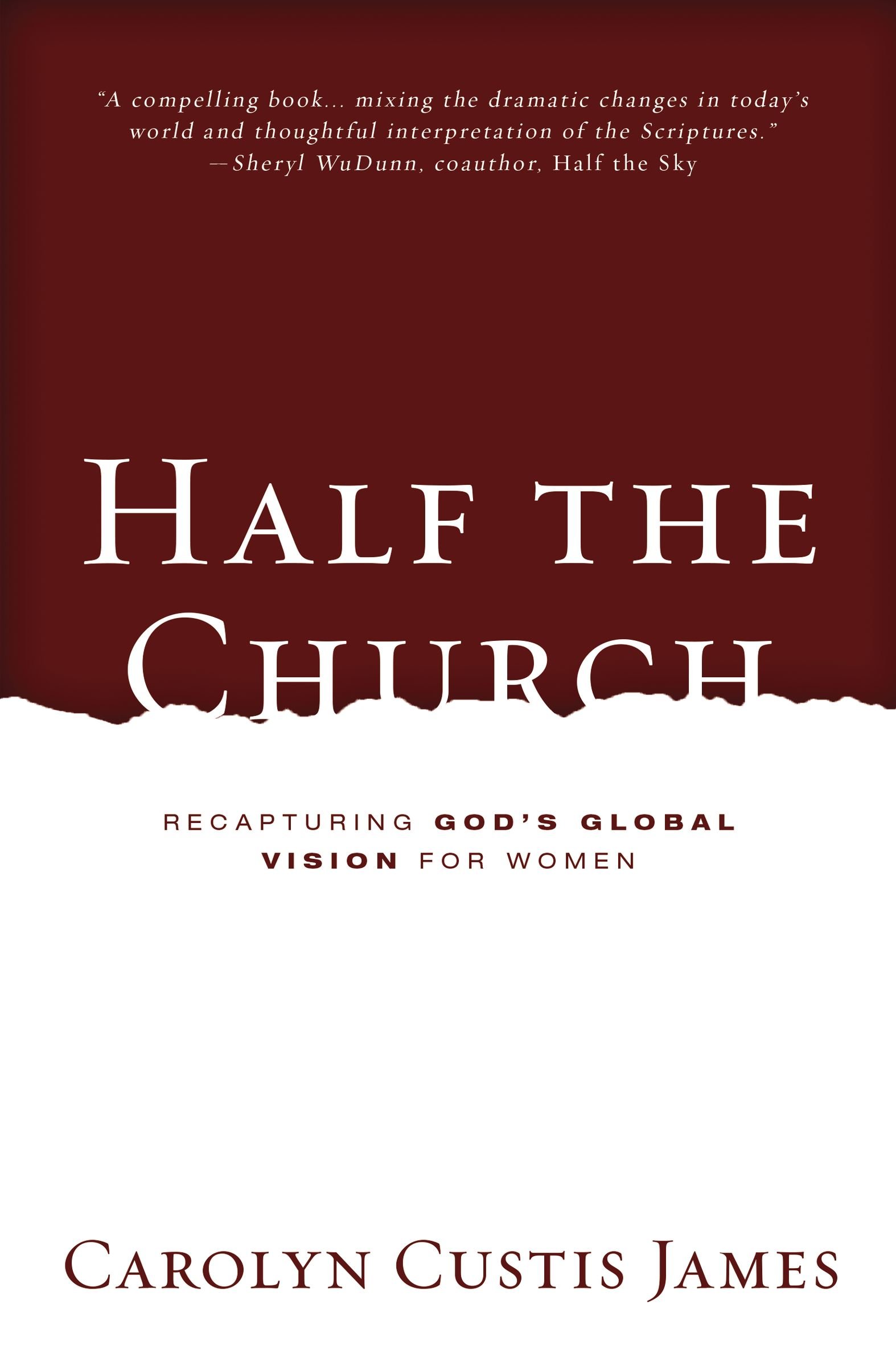
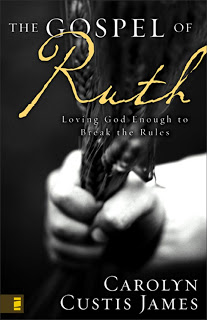
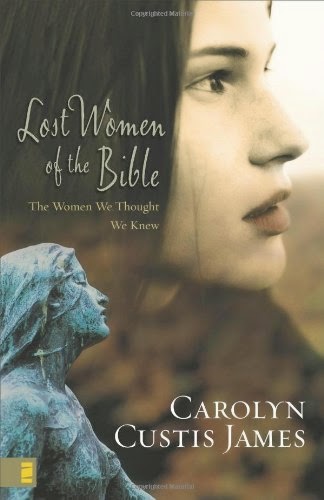






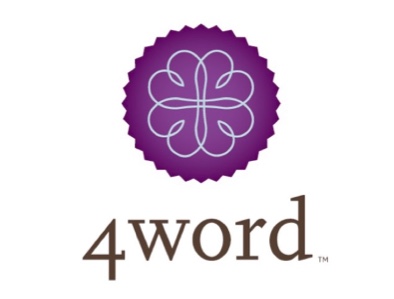
My Bible study was JUST talking about this last night. We are all desperate to find mentors, but it's so hard. No one ever offers to be a mentor, and it seems that the younger generation has to seek out and ask someone to be a mentor.
LikeLike
Whitney,
I'd be interested to see if the discussion in your Bible study shifts once they've read this chapter. You are right that it's tough to find someone willing to commit to meet regularly for mentoring purposes. What I'm describing here is a less exclusive kind of interaction with lots of different people. This works in the context of a career, but also in terms of spiritual discipleship, which I'm guessing is more what you're after. Is that what you and your friends are wanting?
CJ
Hopefully, this will give an expanded vision of
LikeLike
Here's an outsider's question: Why all this concern about mentors? It sounds like a good situation if you can get it, but what puzzles me is how many people seem to think that “someone” out there should be mentoring them.
My data is somewhat old, but spans many years, some of them current: Based on what I've seen through (1) my own career experience many more years ago than I want to admit, and (2) the observed experiences of my father, father-in-law, husband, siblings, and sons-in-law, I don't know where that expectation came from. “Mentoring” in my experience was something done on a volunteer basis for struggling inner-city students, or kids otherwise “at risk” beyond the ability of their families and schools to help them. It was, in both senses of the word, an act of charity. No one I knew expected (nor received) a “mentoring relationship” in the workplace. You learned what you could in school (and/or the military), and the rest by doing your job. Teams helped each other out, which is part of how “learning on the job” worked, but it was for the benefit of the team — and even more, for the job that was to be done — not for the individual.
Sometimes it seems to me that what people are seeking when they hope for a mentor is more of a parent, or as in the example, a therapist. That's a lot to ask of a person who has his/her own job to do, and most likely his/her own family to care for. Such a relationship may be a great gift, but should that sacrifice — which of necessity comes at the expense of other good or even better uses of the person's time — be something a healthy, able individual should expect?
LikeLike
Linda,
Sheryl points both to the desire for the hour-a-week commitment and also noticed a difference in what women want versus what men want from a mentor. Women are often are looking for “permission,” “help,” and how to manage their careers, while the men are talking shop.
In Christian circles the Titus 2 mindset has created an almost mandatory expectation that “older women” will mentor “younger women”? And although the T2 focus is primarily on home, family, and spiritual concerns (although in the 1st Century and preindustrial era the home was an economic center of production, so Paul is actually calling women to the workplace), this expectation may also impact how some Christian women think about extensive mentoring in their jobs.
I do think you're onto something with your comment about the desire for a parental or big sister figure.
I'll be interested in what others may have to say on the subject.
LikeLike
I'm behind on my reading. 😦 Mentoring is indeed a passion of mine. I have benefited both personally and professionally from having male and female mentors in formal and informal capacities over extended periods of time. Sometimes, if I have a specific need, I do ask someone to mentor me (and no, I'm not looking for a parent or therapist). In my experience, we both (mentor and mentee) benefit in the end. In the Christian community, I often equate mentoring to discipleship (both of which require the development of an intimate relationship). We must be willing to invest in the lives of other people regardless of how busy our lives are. That's where I believe the rubber meets the road. Unfortunately, too many people are unwilling to take the time to invest in others and I do believe this is problematic for the church and can certainly hurt a misguided and uninformed person in the professional arena.
LikeLike
Mentors in my life have always been informal, meaning no formal arrangement was made, contract written up or expectations expressed. These people, both men and women, simply took an interest in me, volunteered advice and modeled what to do. I knew that I could go to them when I needed something and they would be there with constructive help.
Conversely I have mentored others both formally and informally. I am always on the lookout for people with leadership or teaching potential that I can nudge into positions that I feel they would benefit from. I have also had two college students do an internship with me where it was stated in writing that part of my role was to mentor and I have had a few women “assigned” to me or directly ask me for mentoring. I have found all of these relationships to be beneficial to both of us to some degree.
I would like to note a few interesting things I've observed. Young adults want mentors and they want lots of them. While catching up with one former intern, I was surprised to hear her mention at least 5 current mentors. Now, different mentors at different stages and for different aspects of life and career are understandable. But as far as I could discern, all of these mentors were playing the same role in her life. It made me feel I was redundant.
Secondly, the reluctance of older women to mentor is something I deal with on a regular basis. I am actually writing a blog piece on that topic right now. Titles and formal expectations discourage and intimidate. Encouraging women to simply be intentional about helping others seems to get better results.
LikeLike
I wrote last night, but it didn't post for some reason! I'll try again.
First, let me say that the Sandberg's story about the women managing their careers and men working on problems really convicted me. It seems true that the theme underlying Sandberg's points is a lack of confidence in women. I thought of the Lost Women of the Bible, and how none of them really had a resume that qualified them to do what they did. Rather, they were goal-oriented problem solvers who brought their unique position and bent to a problem. Nobody but Tamar could have done what she did. Nobody but Ruth was in the position to do what she did.
When Sandberg brings up men and women mentoring relationships, I thought immediately of Lauren Winner's advice at a Synergy conference a few years ago. She prefaced her remarks with a giant lead-in that made her listeners think that they were on the cusp of hearing the most profound, beautiful advice ever. Here were her words of wisdom: “Don't be an idiot.” Not bad, Dr. Winner!
Finally, I thought through the mentoring question. Would I seek out a male mentor? I have actually done this in scholarly settings. This particular philosopher thought about things I think about better than I think about them, and he was willing to talk through ideas with me. But I wouldn't do it church, because of the inherent sexism and paranoia that runs throughout. I know it wouldn't be perceived well by the church body.
I agree that mentoring relationships are best when they are organic in nature. I count you, Carolyn, as a mentor. Our interactions are too few and far between, but they are always purposive and encouraging to me. They're not fluffy. It seems to be very much what Sandberg speaks about. Thank you for how you speak into my life!
LikeLike
Sometimes you only recognize a mentor in a rear-view mirror.
LikeLike
My favorite part of this chapter was the following phrase:
“Once again, we are teaching women to be too dependent on others”. She isn't questioning the importance of mentorship but she is wanting women to stop waiting as she puts for their “prince charming”. Sandberg is wanting women to be independent thinkers, find their own answers to questions they may have and if their homework is done, seek outside input.
I could only think, what if I applied my thoughts and difficulties with being a believer in Christ and my struggle with religion and do my own homework? What if i became less afraid of the disapproval of those in leadership or family which i allow to prevent me from taking initiative. If I were less afraid of doing the “wrong thing” and became more assertive. What challenged me most about this chapter was to listen more to instinct and perhaps trust the Holy Spirit inside of me and look less to others for guidance. Easier said than done!
LikeLike
Linda Wightman said in her comments that mentoring used to be the idea of spending quality time with someone less fortunate. So it’s possible that, as we’re looking for a mentor, we think that means we are “less fortunate” as well. We think we need more help than we do – we think we need ongoing support and assurance. Just like we might give to an inner-city child from a single-parent home.
Instead, we need a variety of people around us to speak into our lives at a particular moment – when we are considering a large decision, when we are trying to accomplish a certain challenge, when we are stuck and don’t know how to move along down the road.
But do we think that people can only do that for us if they are some sort of therapist/parent replacement?
As I seek to mentor others, I tend to use the word “coach” instead of mentor. Not in the professional sense (life coach, career coach) but more of an informal approach. If I see someone struggling with something I have figured out, I bring it up in conversation and see if they’re open to new ideas. Or if they ask me for help, I think of it as a chance to help them master this one skill. “Coach” has less baggage!
LikeLike
Thank you, Elizabeth, for helping me see this in a different light; I think now I understand the desire. I, too, have been looking for something like this most of my life. “Mentor” was not the right word for me, and I wouldn't choose “coach” either (sounds too much like sports for my taste), but “role model” will do. Someone who is further along on the path I am taking, so that I can learn by watching him or her in action, but who is also accessible: willing to answer questions and give encouragement.
I find the Internet to be a treasure here. Case in point: we were homeschoolers more years ago than I care to count, and support wasn't at all what it is today. I knew a few other homeschoolers but our approach to education was radically different from theirs, and I felt quite alone in my efforts. This was before the “WWW” days, but we did have e-mail and a few online forums that made all the difference, by putting me in touch with others with similar philosophies. What is available now is just incredible.
There's no substitute for personal interaction, but with the Internet it's a lot easier to find the niche you're looking for, and one person can be a model, often an accessible one, for many. This forum is Exhibit A.
LikeLike
I've participated in formal mentoring programs, receiving mentoring from both men and women. I've also served as a formal mentor. The experiences have all been unique and all valuable. More recently, I have begun to recognize how many informal mentoring relationships I have in my life, and I feel those relationships are probably more valuable. They're no-pressure, undefined, organic mentoring experiences. I think the in-between scenario (someone just asks another person to serve as a mentor) is probably the weakest way to go because it's fraught with pressure and expectation. Mentoring works best, in my opinion, when it happens organically and you barely recognize it for what it is, or when it happens as part of a formal program with all parties volunteering for the experience and the roles already defined.
LikeLike
Pingback: Lean In: Working Together Toward Equality | Carolyn Custis James